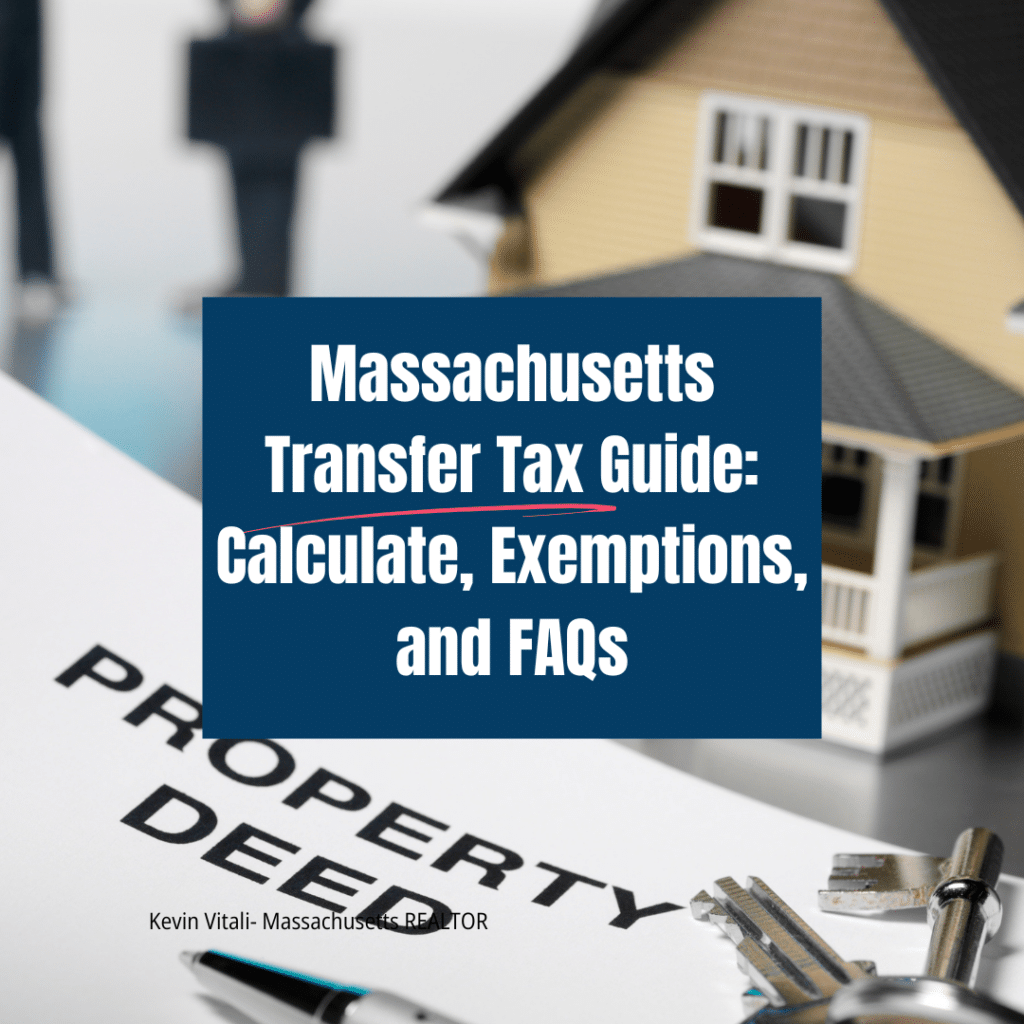 Buying a home can be such a whirlwind. Making the decision to buy a new home, looking at properties, getting financed, going into escrow and then finally closing on your new home. Now you need to know what to do after closing on a house. There are some essential tasks you should perform right away.
Buying a home can be such a whirlwind. Making the decision to buy a new home, looking at properties, getting financed, going into escrow and then finally closing on your new home. Now you need to know what to do after closing on a house. There are some essential tasks you should perform right away.
But before you put up your feet and relax, there are a few tasks you will want to do immediately or shortly after taking possession of your new home. These essential tasks will help make your home a safe and comfortable place to live for years to come.
The 13 essential tasks are just a starting point for you as your first move into your new home. Start with this list and personalize it for your individual needs.
What To Do After Closing On A House
Wondering what to do after closing on a new home? Here are 13 Essential To-Dos After Closing on Your New Home
Child Proof Your House
If you have young children to think about during your move, childproofing your house is probably one of the first things you want to do. The previous owner may be long past those days and aren’t concerned with such matters. Get out the baby gates, secure the cabinets, cover the outlets, etc….
Deep Clean
Most purchase and sale contracts state a home is to be delivered in broom clean condition and free of all debris. That does not mean it will be sparkling clean with the windows washed and floors cleaned.
While the house is empty and before you start placing furniture now is the time to do a good, thorough, deep clean of your new home.
You will never have an opportunity like this again while you live in the house and it starts to get filled with your possessions.
Store Documents in A Secure Spot
It will be very helpful down the road if you store all of the important documents from your real estate purchase and closing in a spot where you can put your hands on it at a moment’s notice.
I would recommend saving your listing sheet, seller’s statement of property condition, appraisal, along with all of your closing documents.
In addition track down your deed online, after it has been recorded, to file away. The deed will not be available at the closing. You will also receive your title insurance policy several weeks after closing. This will be another important document you will want to be able to find easily.
Re-Key Locks
Go ahead and make arrangements to have all your locks re-keyed. As nice as your sellers may have been, you don’t know who has been given keys over the years to your new home and you don’t want any unannounced visitors.
If this is an older home this is also the time to possibly have all your doors keyed the same or explore modern technology for keyless entry.
Also if there are garage door keypads and other keyless entry devices now is the time to change the codes.
Find Shut Off’s
Every homeowner should know where the main shut-off is for the water, gas and electricity. When you have a home inspection a good home inspector will point out where the main shut-offs are, but if not, ask him. It is imperative to know where the shutoffs are if an emergency should arise.
It is also a good idea to know where individual shutoffs are for faucets, toilets, etc as well as familiarize yourself with your electric panel.
If you are clueless when it comes to this, ask a family member or a friend to show you.
Check the Filter In Your Furnace
Make sure your furnace filter is clean and replace it if necessary. A clean filter is important to make sure your furnace is running at peak efficiency as well as overall health of the members of the household.
It is a good idea to get into the habit of replacing every 1-3 months and to know how to do it!
Test Smoke and Carbon Monoxide Detectors
Make sure you have the smoke detectors and carbon monoxide detectors properly placed and the batteries are working. When it comes to safety there is nothing as simple as having smoke and carbon detectors to protect your family.
Set and Understand Your Thermostat
Some thermostats are very simple but as technology advances, many thermostats have become quite complex.
Take the time to learn your thermostat so you are comfortable and save on energy bills.
If owners manuals were not left behind you can certainly download them from the internet if you can find the make and model.

Make Sure Everyone is Notified
Now is the time to make sure everyone who needs to be notified of your move has been. This is the perfect time for a forgotten bill to slip thru the cracks and have late payments affect your credit score.
You should have already notified the post office to forward mail. But as each item comes in check to see if it is your old address or your current address and notify accordingly.
Here is a quick list of who you may need to notify of your address change:
- United States Postal Service (USPS)
- Work
- Companies that Bill you Monthly- credit cards, student loans, auto loans, etc…
- Financial Institutions
- Insurance companies
- Utilities such as phone, internet, electric, etc…
- Schools
- Department of Motor Vehicles (DMV)
- Doctors, Dentists, etc…
- Subscriptions to magazines and papers
- Friends and Family
Make a List and Plan of Must Do Repairs
Sometimes a buyer buys a home and some necessary repairs need to be made immediately or shortly after moving in. Take the time to assess the repair and get it scheduled.
Pull out your home inspection to help project longer term maintenance issues that can wait but should not be forgotten.
Also think about routine maintenance and make a list of what needs to be done and when. Replacing HVAC filters, adding water to your furnace, testing smoke and carbon detectors, turning off the water outside during the colder months etc…
Emergency Plan
With a new home its time to discuss an emergency plan with the family. And, don’t forget to plan a meeting place if you get separated during a home emergency.
This is also a good time to check on local emergency rooms and urgent care facilities in the area.
A new house may require a new set of emergency numbers as well. This is a great time to writee them down and put them somewhere for all the family members to access.
Make Sure You Know When and Where Your First Mortgage Payment is Due
Most likely you will get a statement from your bank before your first payment is due. But be prepared in case you don’t. When you closed on your home mortgage you should have received a first payment letter telling you where to send your first payment and for how much. Pull that out and have it ready.
Don’t forget about your condo fee or HOA fee if it is applicable to your property as well.
Meet the Neighbors and Explore Your Surroundings
Now that you have completed your essential tasks after moving into your new home its time to introduce yourself to the neighbors and explore your new surroundings!!
If your just moving across town you probably already know where everything is but moving to a new community can leave you a little lost as you try to find the best grocery store and pharmacy for your everyday needs.
What Not To Do After Closing On A House
While we discussed what to do after closing on a house we need to talk about what not to do after closing on a house.
Don’t Rush Into Renovations
Live in your house a bit, get to know it and how it works for you before you rush into major changes.
The TV home shows train us we are supposed to rip a house apart immediately but few of us have those budgets.
Give yourself a time period of 6 months to a year before making significant changes. You may find the home works well as is and will save you a ton of money and work.
Give Your Finances A Rest
Live in your house and pay your bills so you get a full picture of your monthly expenditure. As tempting as it may be don’t run out and open furniture credit accounts, new credit cards, etc… Give your finances a breather.
If you are buying a new house, there may be expenses that come along you weren’t expecting. Like moving from a condo to an old Victorian home and know your utility bills have quadrupled.
Wait To Finish The Basement
This could fall under wait to do renovations. But the reason is different. Wait at least a year so you can get an idea if there is any water in the basement.
Finishing a basement is expensive. Don’t waste your hard earn money by having it washed away in a flooded basement.
Observe and correct any water issues over time.
Summary
Getting to the closing and moving in is exhausting enough and of course, there are some things that need to be done right away. This closing checklist won’t leave you wondering what to do after closing on a house. But remember to take some time for yourself and relax. You have a lifetime ahead of you to perfect your home and get it just the way you want it.
Other Real Estate Resources:
- Bill Gassett Ultimate Closing Checklist
- Kyle Hiscock How Your Real Estate Closing Can Be Delayed
- Debbie Drummond Is the Final Walk Through Necessary?
- Andrew Fortune A Step by Step Guide to Buying a House
13 Essential To Dos After Closing on Your New Home is written by Kevin Vitali of EXIT Group One Real Estate.
If you would like to sell your home or buy a new home give me a call at 978-360-0422 and let’s get the process started.
Real Estate Services in the following areas: Northeast Massachusetts, Merrimack Valley, North Shore and Metrowest. Including the following communities and the surrounding area- Amesbury, Andover, Billerica, Burlington, Chelmsford, Dracut, Groveland, Haverhill, Lowell, Melrose, Merrimac, Methuen, Middleton, North Andover, North Reading, Reading, Stoneham, Tewksbury, Tyngsborough, Wakefield, Wilmington, Westford




